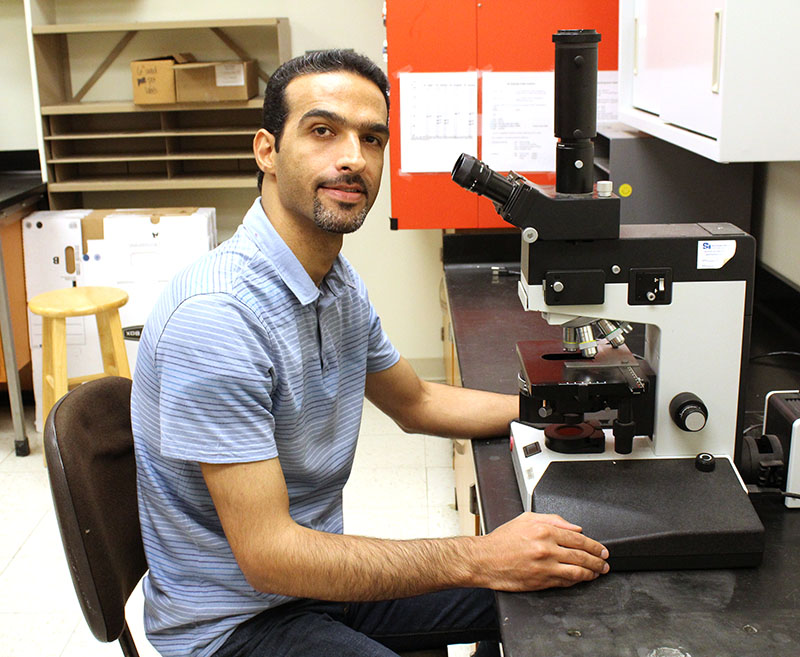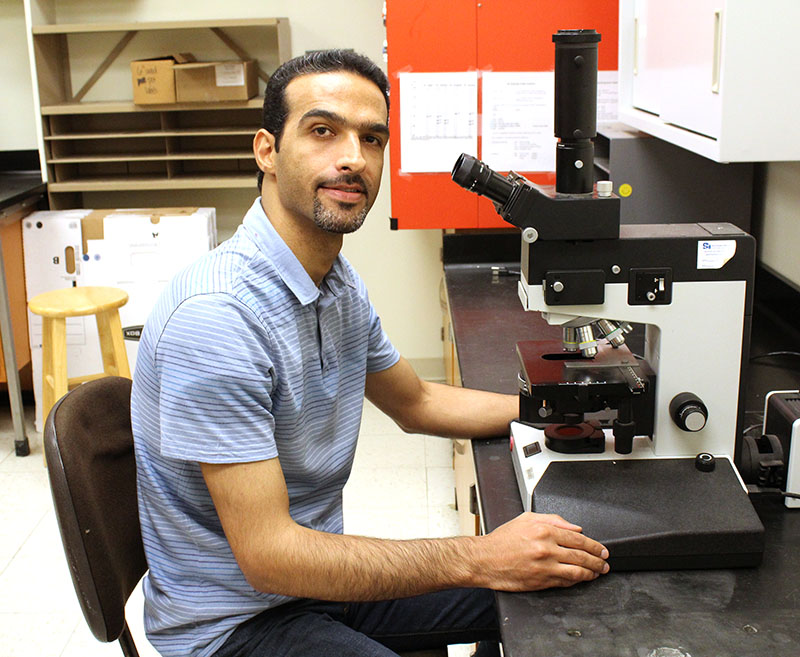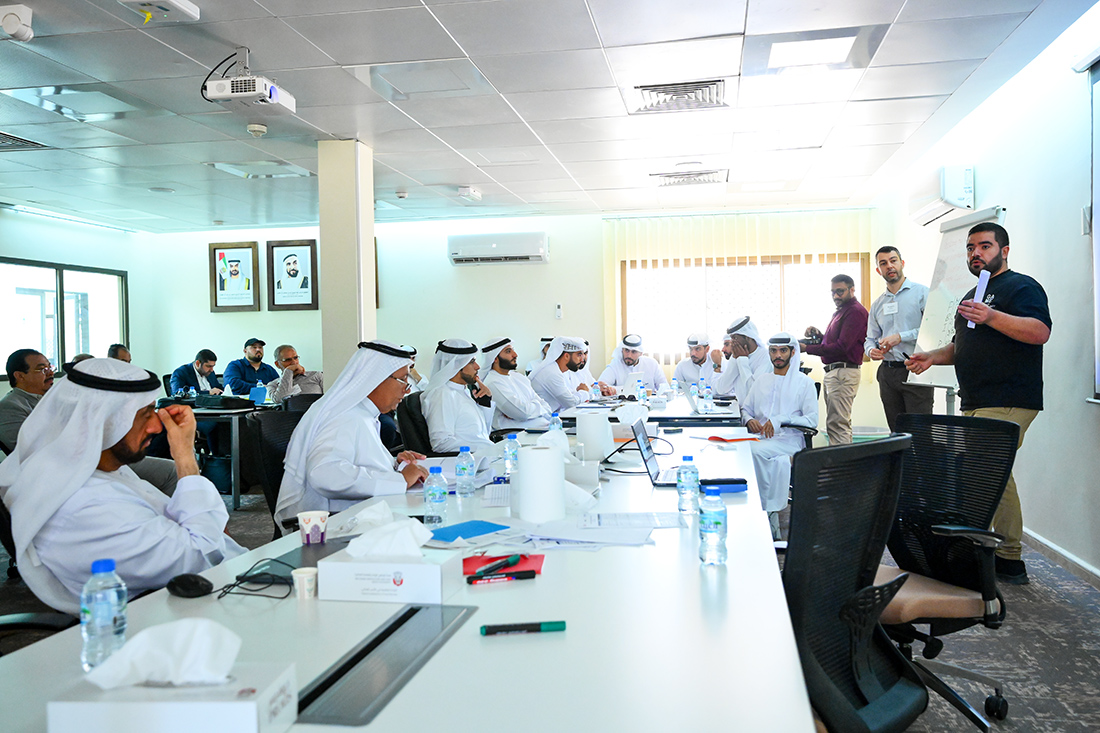University of Georgia Cooperative Extension’s newest plant pathologist will focus on improved control of plant-parasitic nematodes, the microscopic, worm-like pests that primarily feed on the roots of vegetable crops.
Nematologist Abolfazl Hajihassani is now responsible for control of the pest in more than 20 Georgia commodities, including bell peppers, tomatoes and cucumbers. Based out of the UGA Tifton campus, Hajihassani hopes his research and expertise will help producers manage the devastating pest.
“We have to do a lot of research to try to get short-term and long-term controls. As far as the short term, we have to find a solution through nematicides for the growers to control the nematodes,” said Hajihassani, who was a postdoctoral fellow at the University of Idaho prior to arriving at UGA-Tifton. “In the long term, we need to find alternative approaches, like screening different varieties of vegetables to see which varieties have resistance and which ones don’t.”
As an Extension specialist, Hajihassani will answer nematode-related questions from farmers and UGA Extension agents. He is often asked about solutions available to combat nematodes and why they’re so problematic in Georgia.
“Nematodes need three components to thrive: water, temperature and a suitable host. Here in Georgia, we have water, we have hot temperatures and we have a wide variety of hosts,” Hajihassani said. “Our growers can get serious damage on their vegetables if proper care is not taken prior to planting and throughout a growing season. Hopefully, I can provide knowledge that will aid in managing these pests.”
There are approximately six different types of nematodes that impact vegetables in Georgia. Root-knot nematodes are the most widespread and cause the most damage.
“Root-knot nematodes enter the roots of plants and move through the cells until they reach sites where they grow, produce more eggs and cause swelling of roots. This will consequently lead to a reduction in the plant’s growth and yield,” he said.
Nematodes are especially troubling for Georgia farmers because of the wide range of potential hosts. In addition to vegetables, nematodes cause problems in cotton, peanut and tobacco plants. Nematodes cause most of their damage in plants growing in the sandy soils of south Georgia.
Most vegetables grown by Georgia producers are grown on plastic at least twice per year, Hajihassani said. This limits the effectiveness of fumigants used to control the nematodes.
“Growers tend to use plastic for one, two or even three years. Each year in Georgia, they’re growing two crops into that plastic,” Hajihassani said. “That makes it difficult (to control nematodes) because when we treat the soil with fumigants and then lay the plastic, the fumigants’ effectiveness slowly diminishes and the nematodes again build up their populations in the soil. It can help kill the nematodes for sure in the first crop, but not in the second or third crop. That makes it difficult for us to manage the nematodes since our control tools are limited.”
According to the UGA Center for Agribusiness and Economic Development, vegetables accounted for $1.1 billion in Georgia farm gate value in 2015.




